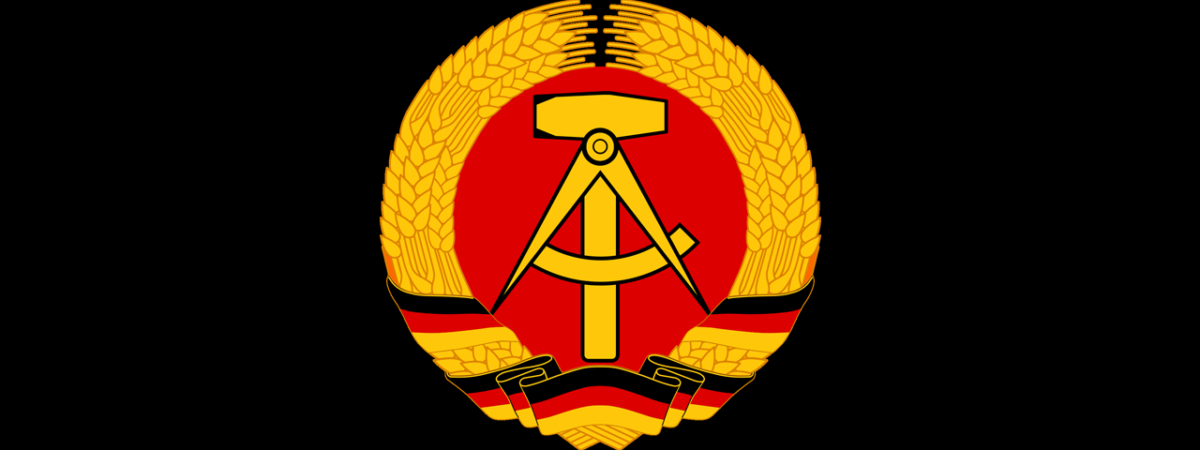An alternative history: REAL socialism is being tried. A drama in 10 acts (Part 8)
SUGGESTED



East German government ponders limits on freedom of the press
The Guardian, 08 August 1996
The GDR’s press freedom guarantees, introduced in 1990, were deemed to be among the strongest in the world. But this may be a about to change.
The background is this: the GDR’s economy currently suffers from a brain drain. Since the West German economy has been picking up again, East-West migration has soared to the highest level since the 1950s. Over 60,000 people have left in the last quarter of last year alone, about equivalent to the population of a city the size of Weimar. This is only migration to West Germany – we know from anecdotal evidence that increasing numbers of East Germans are settling in Austria and Switzerland as well. The main problem is not so much the numbers, but the fact that the migrants are predominantly skilled workers in the prime of their careers.
Recently, the East German editions of two centre-right West German newspapers, the Bild and the Welt, have started to explicitly encourage emigration. The Bild runs a series in which former East Germans, who have moved to West Germany, get to tell how happy they are with their new lives. The Welt has been a bit subtler, but the message is the same: What are you waiting for? Come on over here, and join us. We’re living the dream.
In addition, the East German edition of the Frankfurter Allgemeine Zeitung has also begun to persistently and ruthlessly dissect the GDR’s ongoing economic weaknesses.
“You will not find a greater champion of the freedom of the press than me”, Rüdiger Hoffmann, the Home Secretary, explains. “I have literally spent six months in prison for writing a few critical articles back in the day, and I’m the last person in the world who would want to go back to that. Anyone who talks about plans to muzzle the press simply doesn’t know what they’re talking about.
But what we see here is a concerted effort to undermine this country, and to turn the public against the project of socialist renewal. Freedom of the press doesn’t mean waging propaganda campaigns, and deliberately misinforming the public. If you read these articles, you would think that every West German is a millionaire, who lives in a mansion and owns a private jet. It’s so ludicrously biased. Why do they never mention the people who lose their jobs due to automation? Why don’t they mention the emigrants who return, disillusioned with capitalism? Why don’t they mention the rampant inequality, or the stress induced by hyper-consumerism?
We believe in a free press, but newspapers need to serve the people, not the West German billionaires who own or influence them. These billionaires are not remotely interested in the wellbeing of East German citizens. If you want to want to know what they’re really interested in, follow the money. Look at who funds these papers through advertising revenue: the car industry, the pharmaceutical industry and the petrochemical industry. What do these sectors have in common? They all have problems recruiting skilled labour, and need to pay wage premiums. That’s why they have an interest in attracting cheaper labour from the East. They want to induce wage dumping, a race to the bottom. And we are going to put an end to it.”
It is not yet clear what “putting an end to it” will mean in practice. No concrete measure has been proposed. But it is clear that the current arrangements will not persist.
Continue to Part 9.




